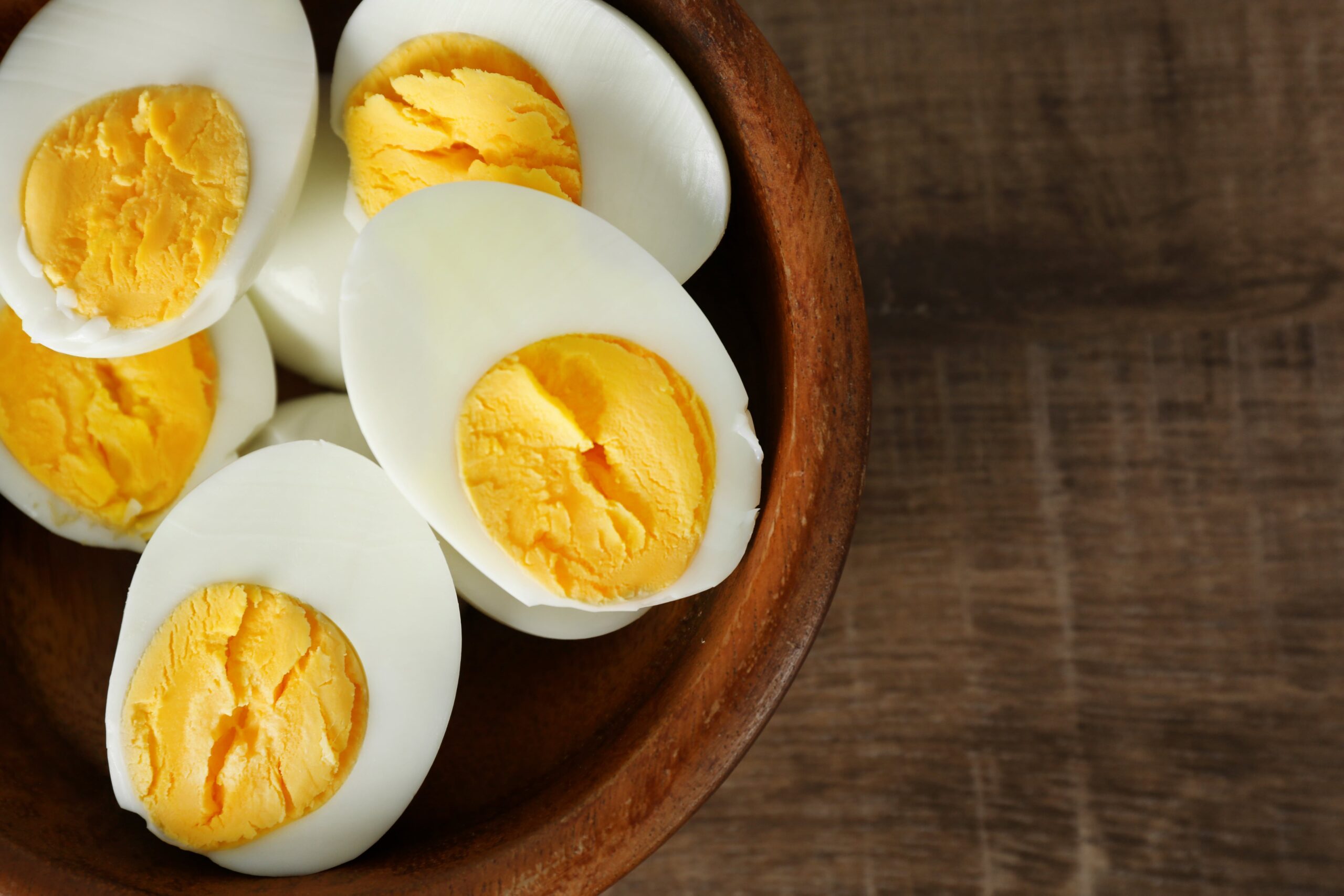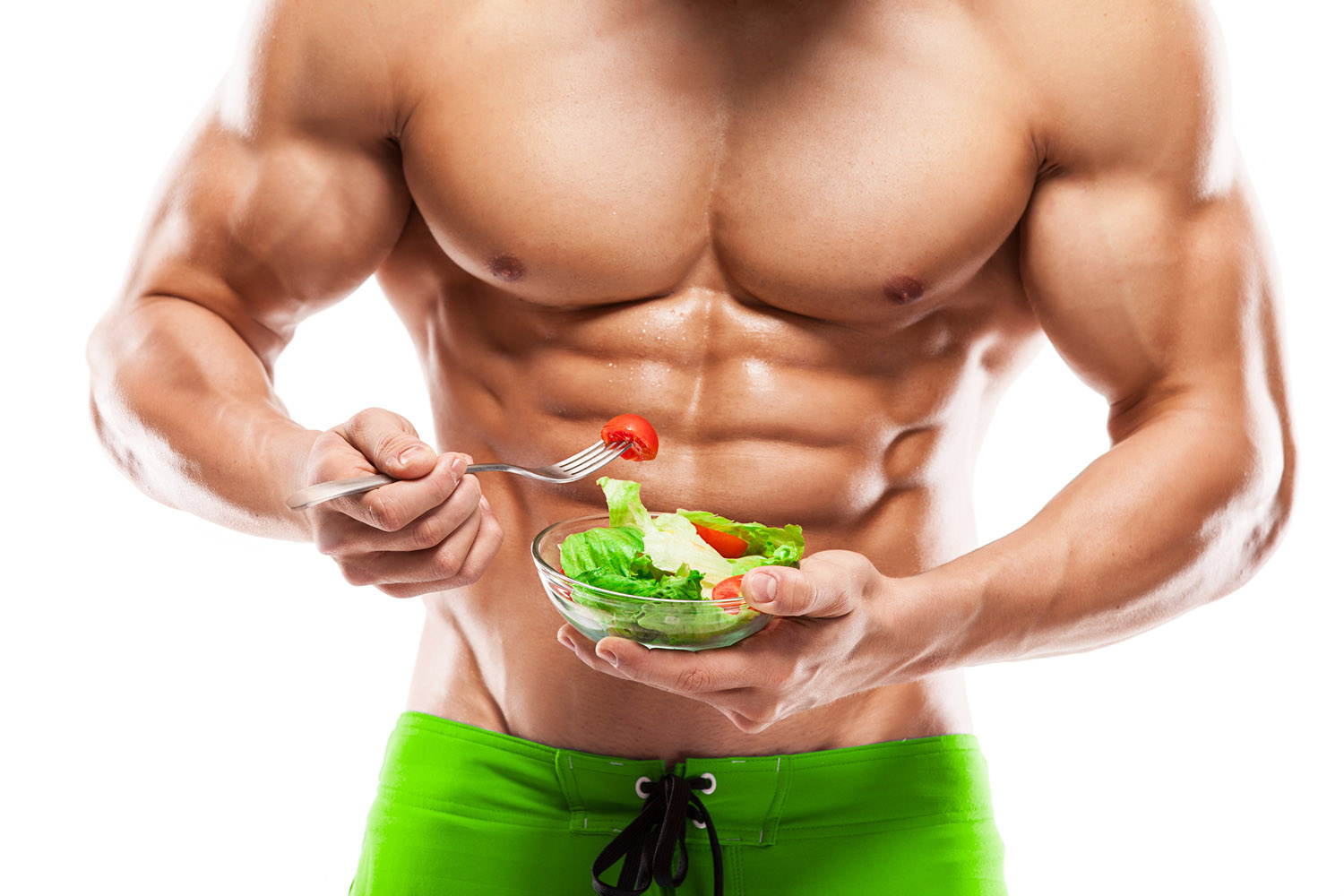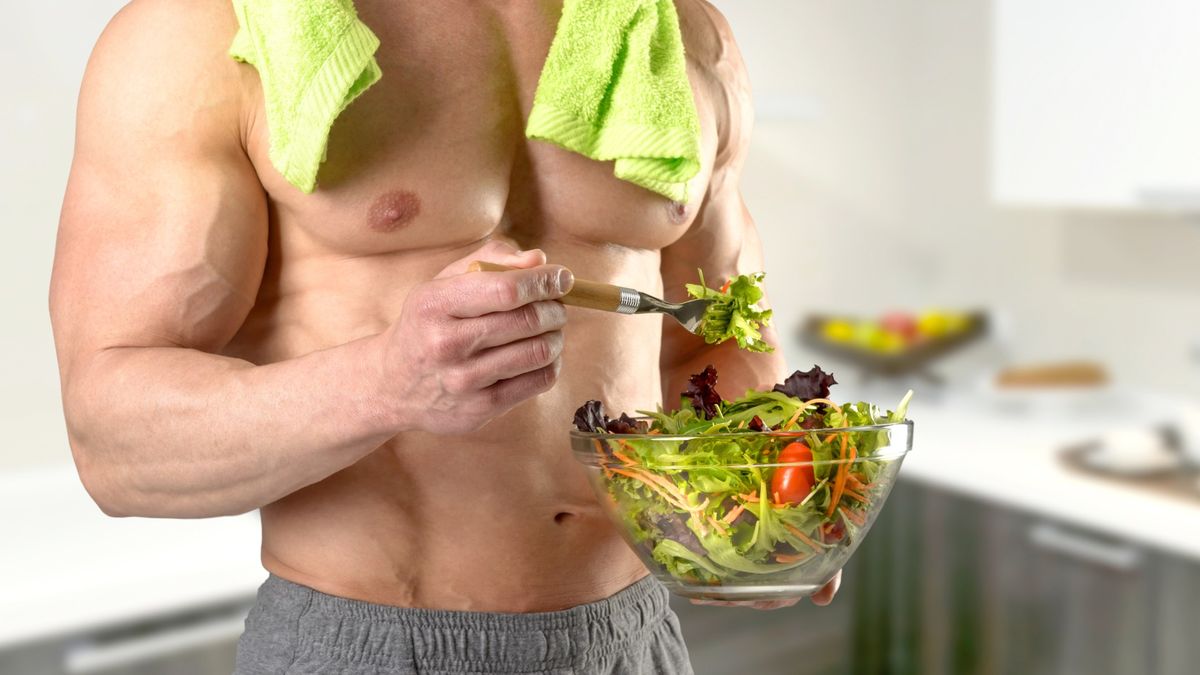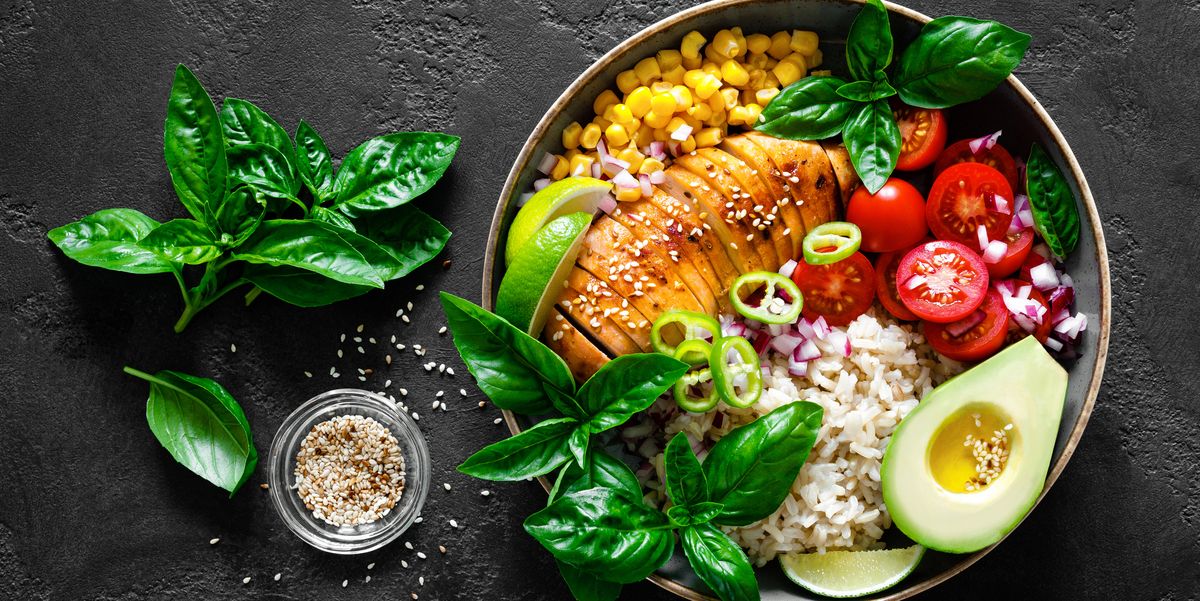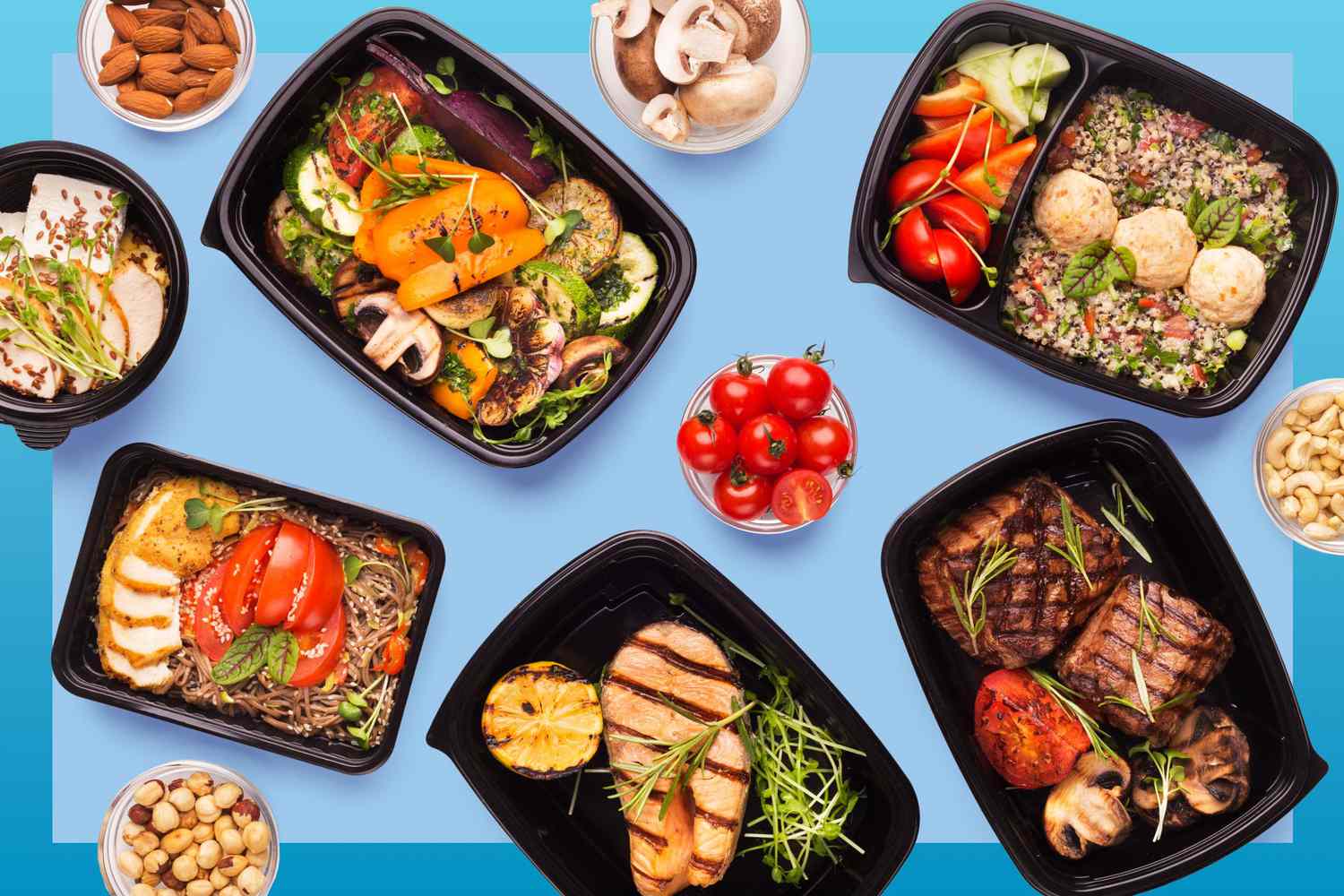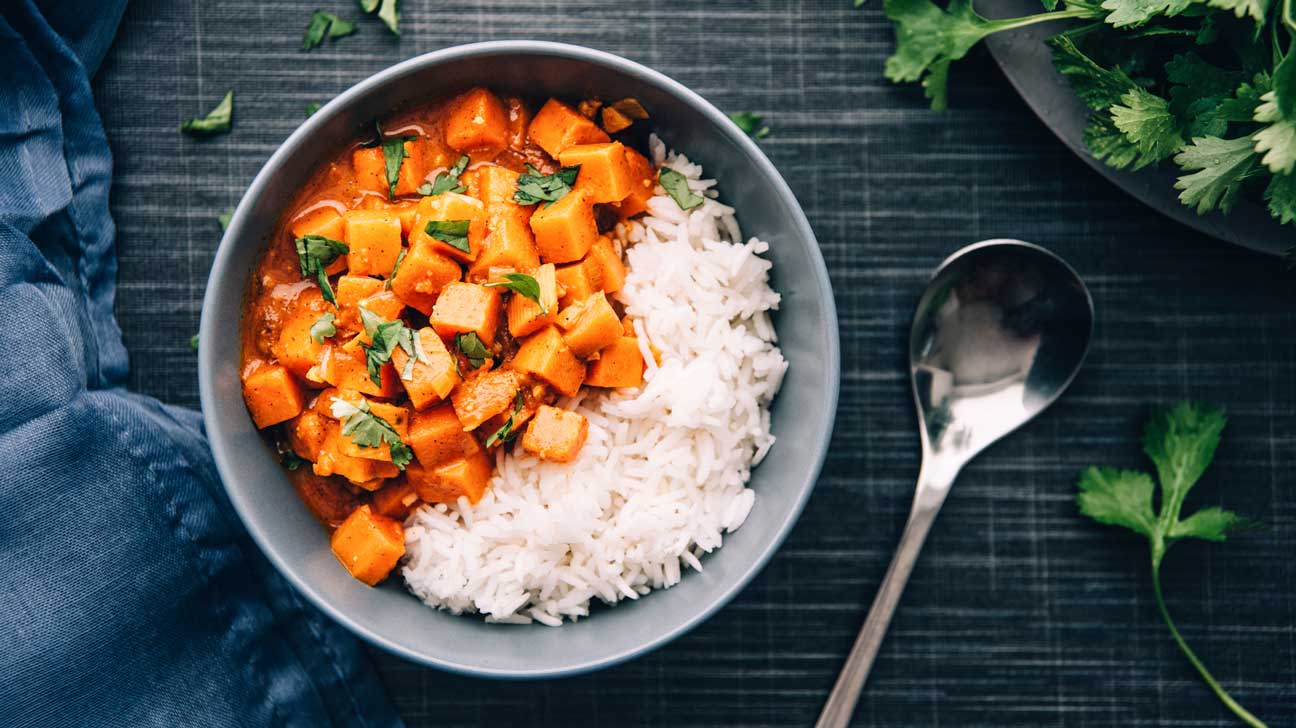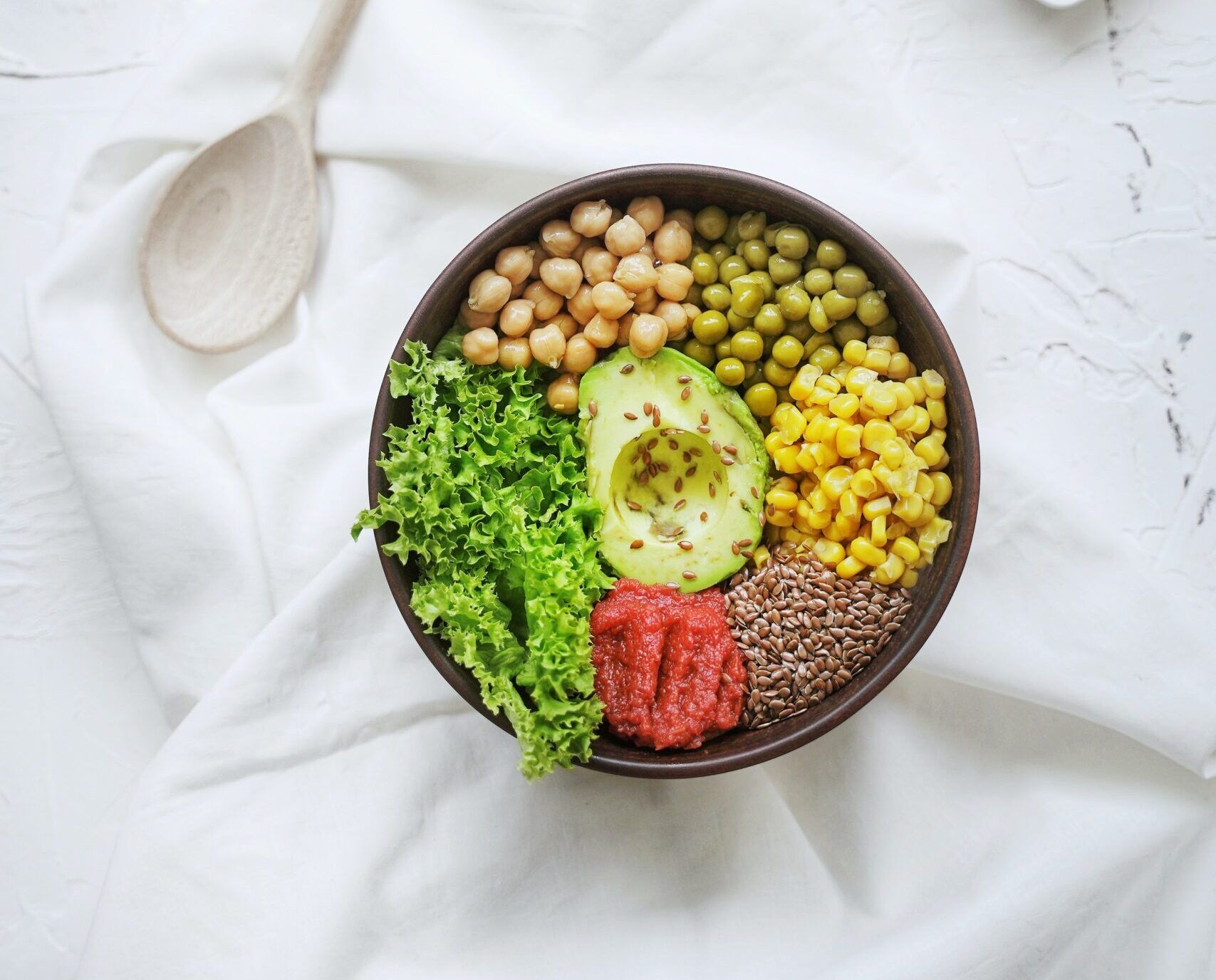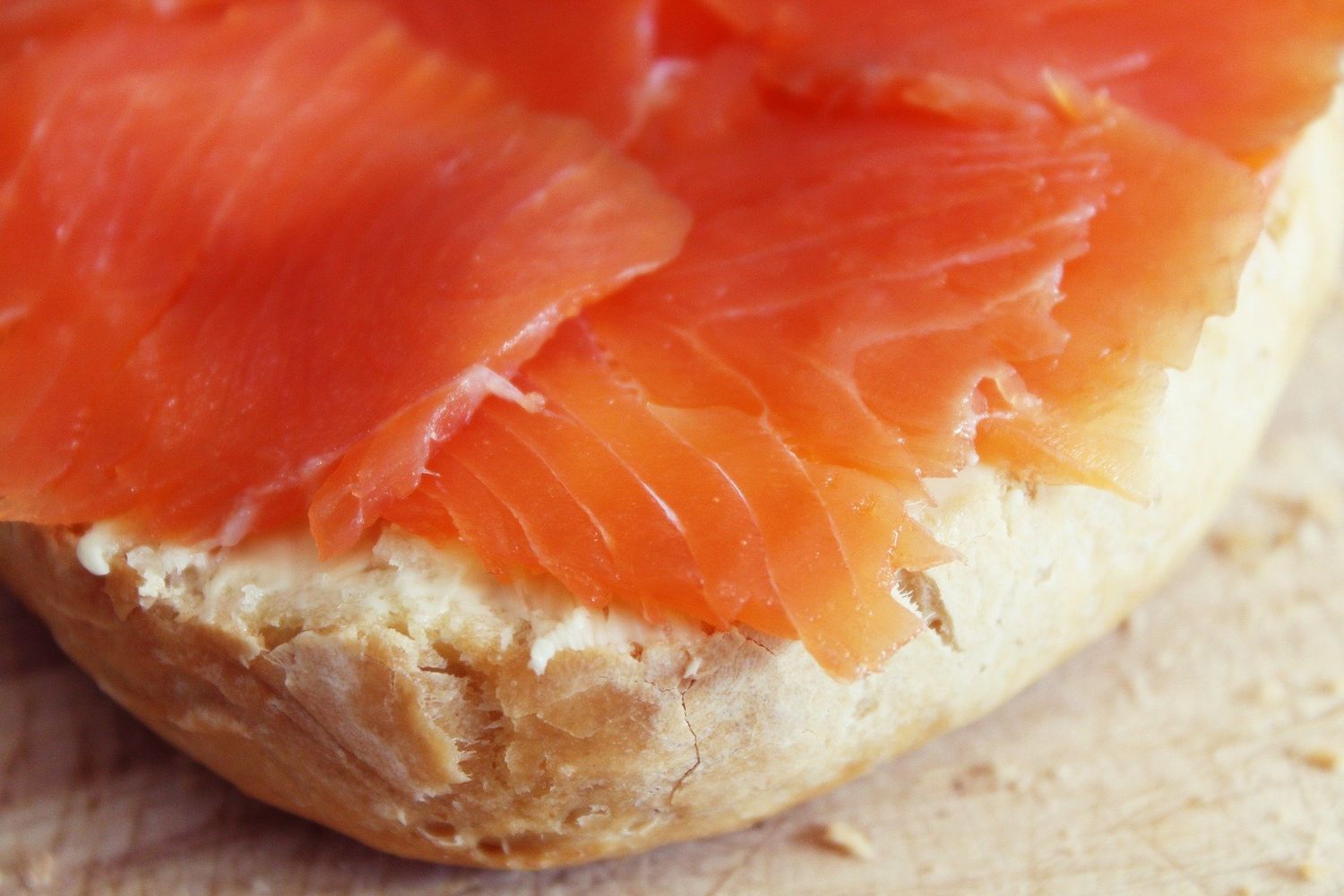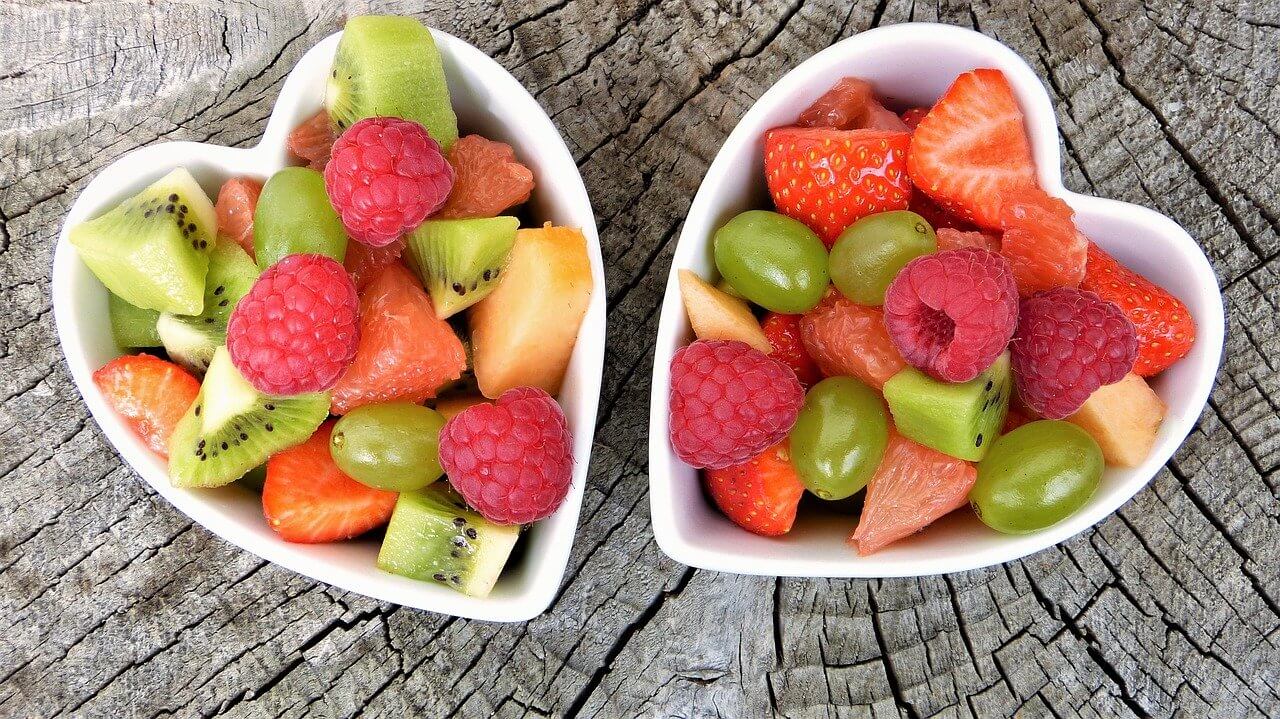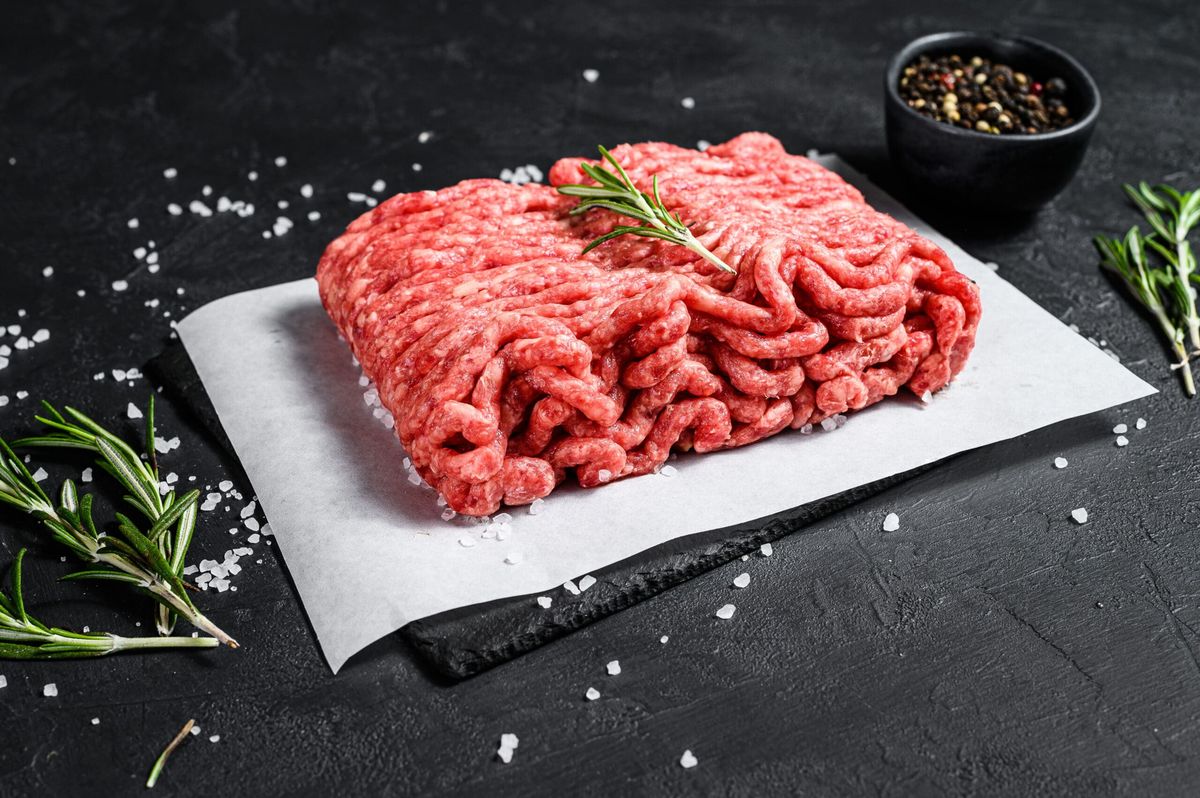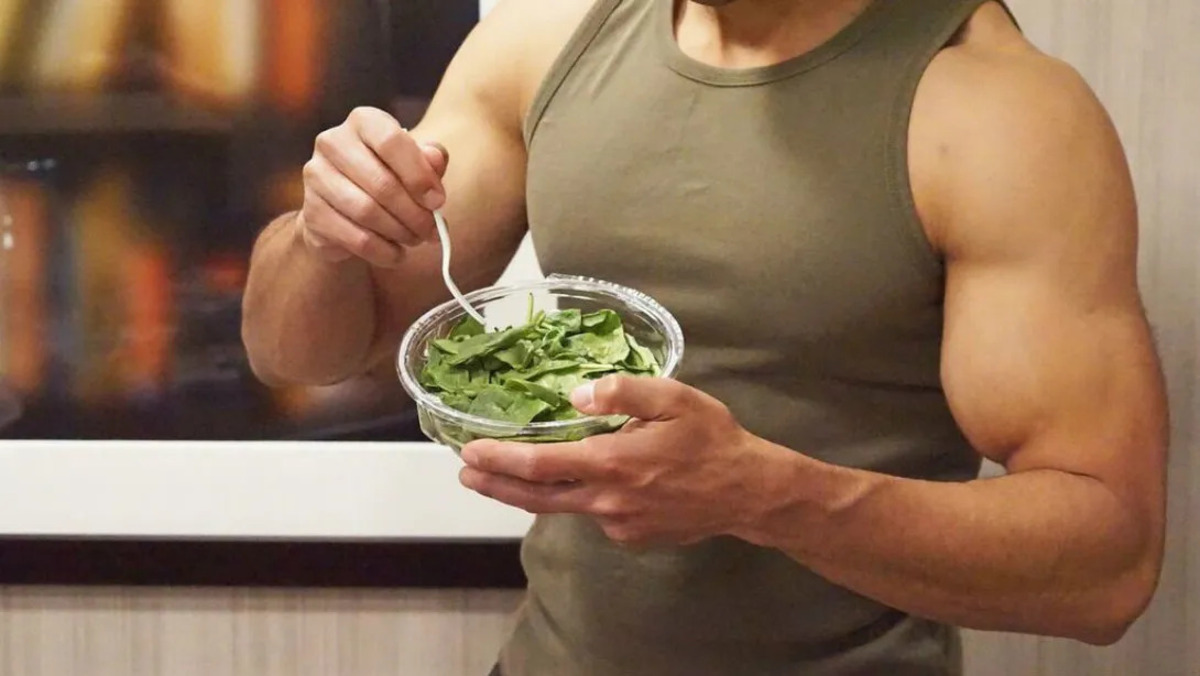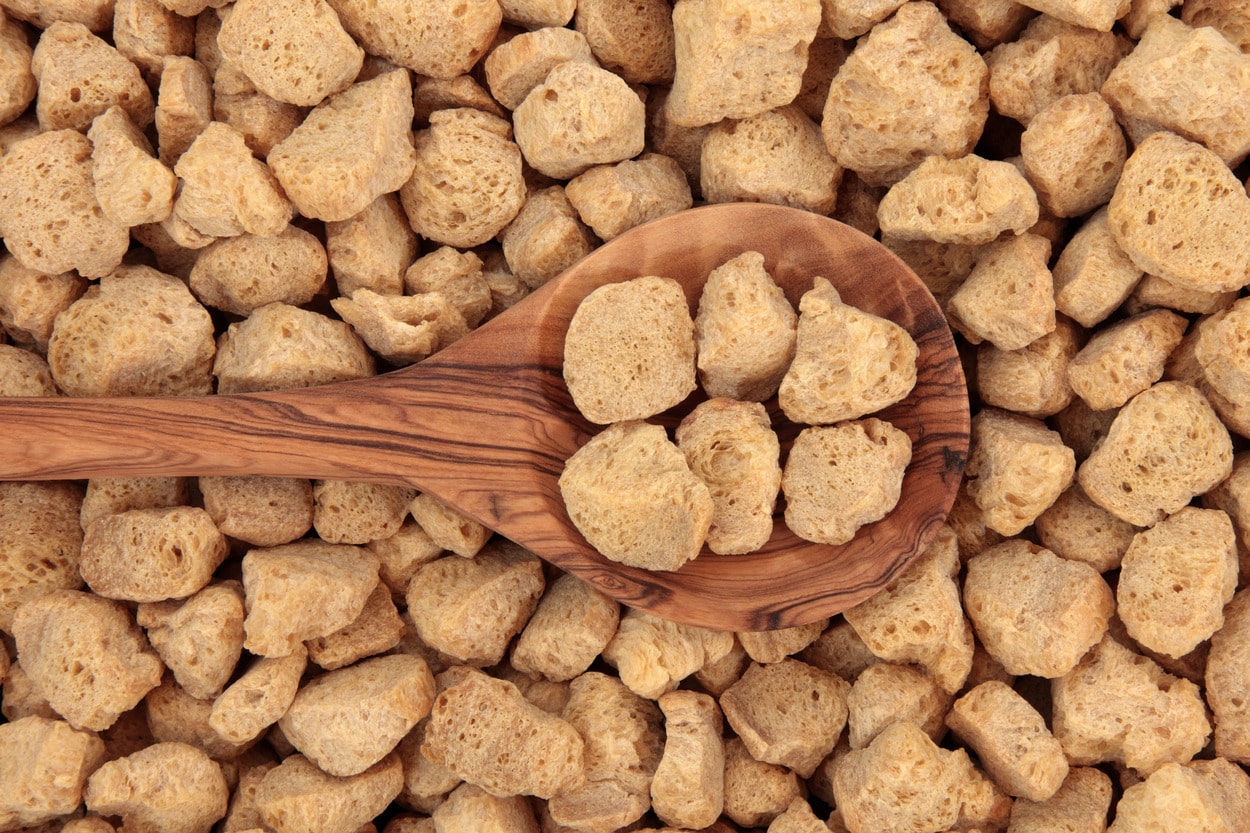Building a Strong Foundation: Eating Right for Bodybuilding
When it comes to bodybuilding, nutrition plays a crucial role in achieving your fitness goals. Eating healthy is not just about consuming the right amount of calories, but also about fueling your body with the essential nutrients it needs to build muscle and recover effectively. Here are some tips on how to eat healthy for bodybuilding:
1. Prioritize Protein
Protein is the building block of muscle, making it an essential component of a bodybuilder’s diet. Lean sources of protein such as chicken, turkey, fish, eggs, and tofu should be included in every meal to support muscle growth and repair. Aim to consume at least 1 gram of protein per pound of body weight to ensure you’re meeting your body’s demands for muscle recovery and growth.
2. Fuel Up with Complex Carbohydrates
Carbohydrates are your body’s primary source of energy, especially during intense workouts. Complex carbohydrates such as brown rice, quinoa, sweet potatoes, and oats provide a sustained release of energy, keeping you fueled throughout your training sessions. Incorporating these into your meals will help replenish glycogen stores and support optimal performance in the gym.
3. Don’t Fear Healthy Fats
While it’s important to monitor your fat intake, healthy fats are essential for hormone production and overall health. Include sources of healthy fats like avocados, nuts, seeds, and olive oil in your diet to support joint health and aid in the absorption of fat-soluble vitamins. Balancing your fat intake can also help regulate hormone levels, which is crucial for muscle growth and recovery.
4. Load Up on Vegetables
Vegetables are packed with essential vitamins, minerals, and antioxidants that support overall health and aid in recovery. Aim to include a variety of colorful vegetables in your meals to ensure you’re getting a wide range of nutrients. Vegetables also provide fiber, which is important for digestive health and can help you feel full and satisfied throughout the day.
5. Stay Hydrated
Proper hydration is often overlooked but is crucial for optimal performance and recovery. Drinking an adequate amount of water throughout the day supports nutrient transport, joint lubrication, and temperature regulation. Aim to consume at least half your body weight in ounces of water each day, and adjust based on your activity level and climate.
6. Plan Your Meals
Consistency is key when it comes to eating healthy for bodybuilding. Meal planning can help you stay on track with your nutrition goals and prevent impulsive, unhealthy food choices. Prepare your meals in advance, ensuring they are balanced with the right proportions of protein, carbohydrates, and fats to support your training and recovery.
By prioritizing nutrient-dense foods and staying consistent with your eating habits, you can fuel your body for optimal performance and muscle growth. Remember, eating healthy for bodybuilding is not just about the quantity of food you consume, but also the quality of nutrients that support your fitness journey.
Are you ready to take your bodybuilding journey to the next level? Start by fueling your body with the right foods and watch as your strength and physique transform.
